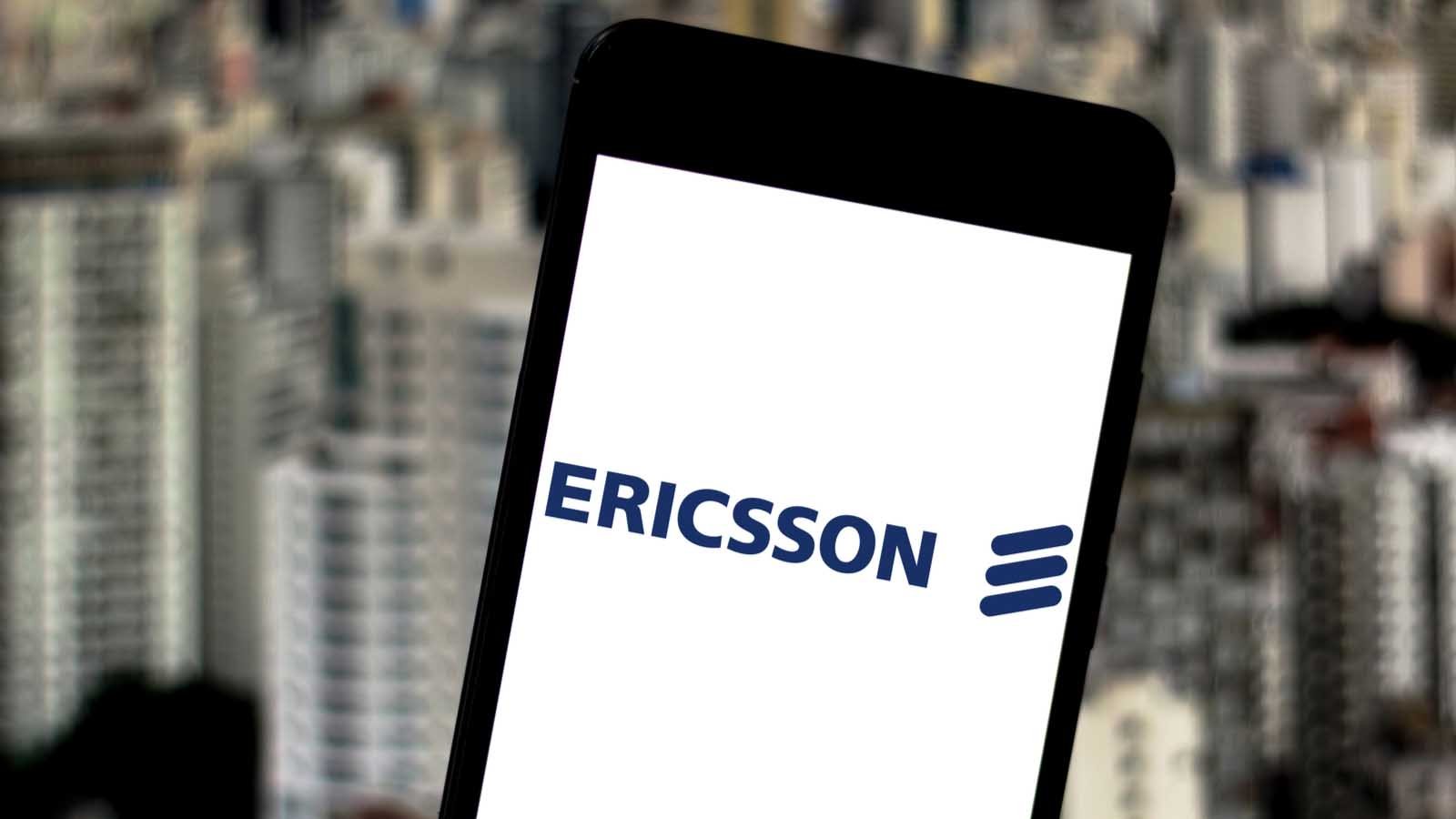Since reporting its earnings last week, Ericsson (NASDAQ:ERIC) stock has not done much. But then again, there was already a nice rally ahead of the announcement. Note that the shares went from $6.17 in mid-March to $8.35.

For the first quarter, Ericsson’s revenues increased by 2% to $4.93 billion. While there was considerable weakness in the digital services business, there was strength in other segments like for networks. Given that the contracts tend to be large, there are often timing issues. And yes, with the novel coronavirus pandemic, there has been some more delays with deals.
But despite this, I think the long-term does look bright for Ericsson, especially with the megatrend of 5G rollouts. The fact is that the company is positioned nicely, in terms of its global infrastructure, IP (Intellectual Property) portfolio and end-to-end technologies.
So let’s take a deeper look at why Ericsson stock is a good play right now:
Coronavirus
Ericsson acted swiftly to make its workforce remote. This was no easy feat as the company has about 85,000 employees. But Ericsson has set up a Crisis Management Council and has also been able to put in processes to maintain the performance of its networks. Another benefit has been that the company has a diversified sourcing infrastructure and various production sites across the world
While the coronavirus will weigh on growth, it is likely to be temporary. Keep in mind that the company has reiterated its financial targets for 2020 to 2022. In fact, in the second half of this year, there is likely be an increase in momentum because of the merger between T-Mobile (NASDAQ:TMUS) and Sprint. This should lead to more spending on rollouts.
Ericsson also continues to report strong margins. In the latest quarter, the gross margin rose from 43.2% to 44.4%. As a result, the company continues to generate strong cash flows.
Note that there is $3.81 billion in the bank. In other words, there appears to be enough liquidity for dividends, buybacks of Ericsson stock, R&D investments and acquisitions.
Strategy
Even though Börje Ekholm has been CEO only for a couple years, he has wasted little time in putting in place a solid strategy. He has not only been disciplined with costs but also wise in nixing low-margin contracts.
But Ekholm has been effective in focusing on the right technologies to capitalize on the 5G opportunities. For example, the Digital Services segment has benefited from software sales and cloud platforms, which have provided higher margins. And as for the Managed Services unit, there have been nice gains from AI and automation systems.
5G Opportunity for Ericsson Stock
The 5G market is intensely competitive, with many large operators like Qualcomm (NASDAQ:QCOM), Cisco Systems (NASDAQ:CSCO), Nokia (NYSE:NOK) and Huawei. Yet Ericsson has been able to fare pretty well, especially when it comes to winning business. For the first quarter, the company announced 86 commercial 5G contracts and completed 29 live networks
What’s more, the 5G opportunity is enormous for Ericsson stock. According ResearchAndMarkets.com, the spending is forecasted to go from $12.6 billion in 2020 to $44.9 billion by 2025, for a compound annual growth rate of nearly 29% (consider that this accounts for the estimated negative impact from the Covid-19 virus). Just some of the drivers for the growth include the adoption of IoT (Internet-of-Things) devices, the rise in automation and the continued growth in data traffic.
In the Ericsson annual report, Ekholm writes: “But 5G is much more than enhanced mobility for consumers. This is an innovation platform so powerful that it will be the driving force behind the next big shift in society – the fourth industrial revolution. By 2025, we expect the number of cellular IoT connections to reach 5 billion. This shift will impact all sectors, potentially increasing the addressable opportunity for telecom operators by up to 30% by 2030.”
Tom Taulli (@ttaulli) is the author of various books on investing and technology, including Artificial Intelligence Basics, High-Profit IPO Strategies and All About Short Selling. He is also the founder of WebIPO, which was one of the first platforms for public offerings during the 1990s. As of this writing, he did not hold a position in any of the aforementioned securities.
